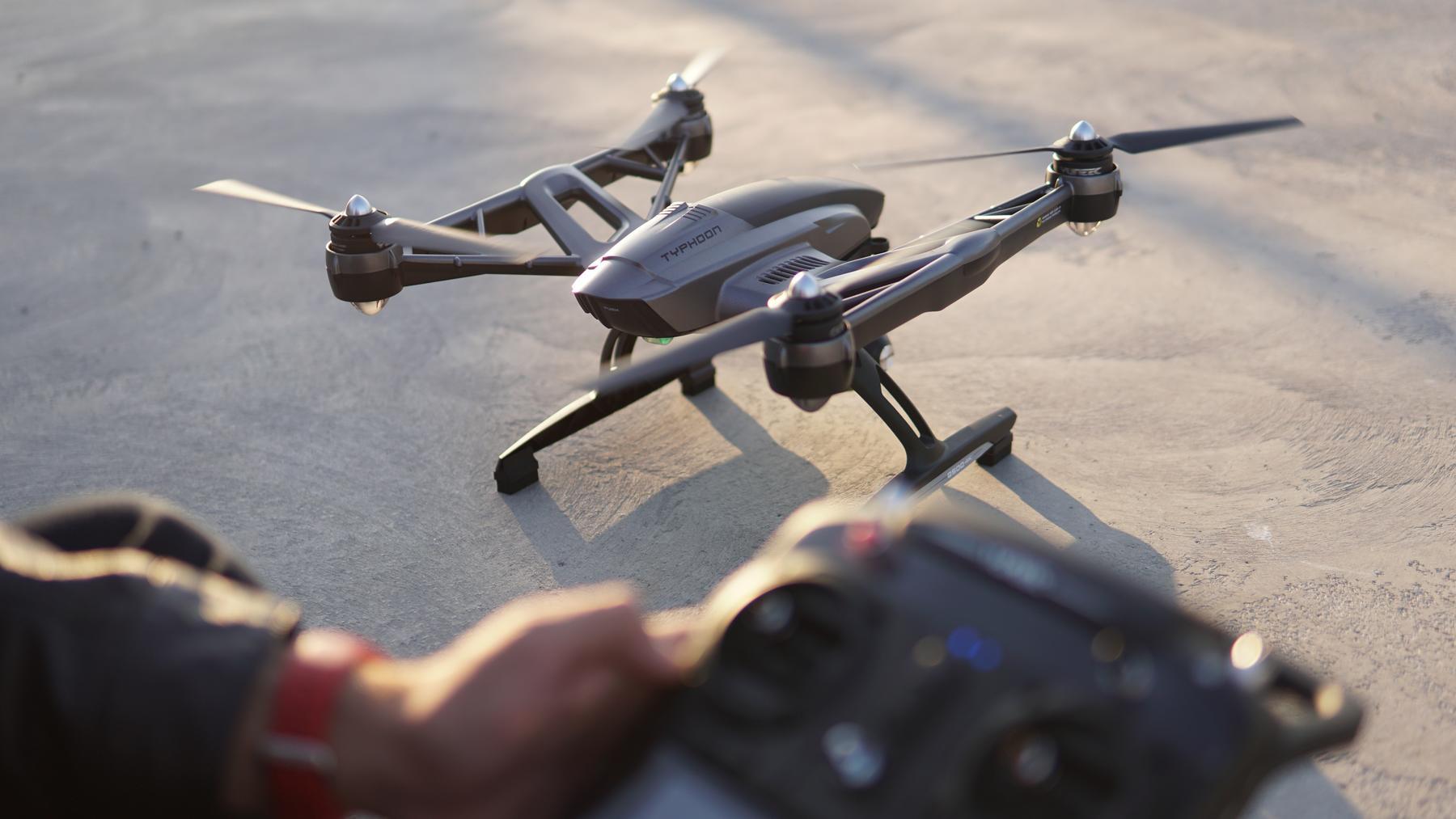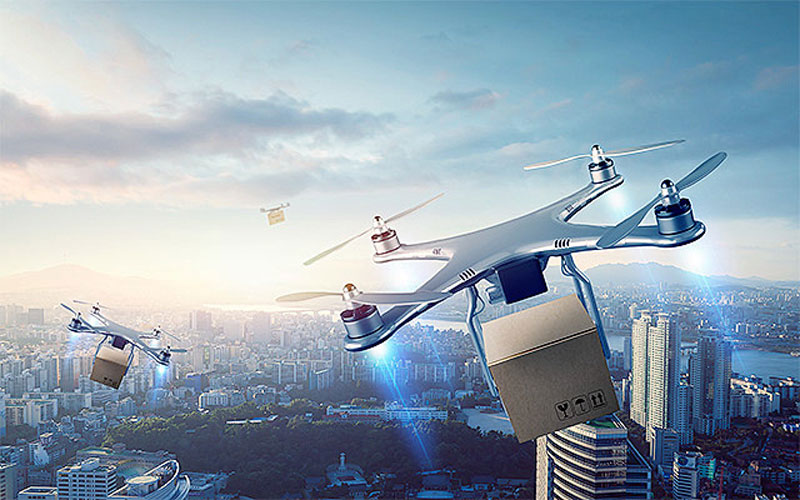In today’s rapidly evolving world, maximizing efficiency is paramount, and advanced drone survey techniques are at the forefront of this evolution. The integration of drones into various industries is reshaping how tasks are performed, especially in surveying. Drone surveys provide a wealth of opportunities for enhancing precision, reducing costs, and improving safety in sectors such as construction, agriculture, and real estate.

The Role of Drones in Modern Surveying
Drone survey technology has emerged as a game-changer due to its ability to deliver high-resolution data and cover vast areas in a short time. By employing drones equipped with state-of-the-art cameras and sensors, surveyors can capture detailed images that offer invaluable insights without the need for extensive manpower.
Benefits of Using Drone Surveys
- Precision: Drones can gather data with incredible accuracy, leading to more precise measurements and analyses.
- Cost-Effectiveness: The cost associated with traditional surveying methods, which involved extensive groundwork, is significantly cut down.
- Time-Saving: Traditional surveying methods can be time-consuming; however, drones can cover large areas swiftly. This time efficiency directly translates to project acceleration.
- Safety: Drones minimize the necessity for workers to be present in potentially hazardous environments.
As the technology continues to advance, drones equipped with thermal imaging and LiDAR sensors are able to conduct more complex assessments. This capability is crucial in sectors like agriculture, where understanding crop health through thermal data can profoundly impact yield predictions and improve food security.
Drone Survey Applications
Drone survey applications are vast and varied:
- Construction: Drones provide real-time progress updates, ensuring project timelines are adhered to while maintaining precision in mapping.
- Agriculture: Farmers can optimize planting strategies and monitor crop health efficiently through data collected by drones.
- Real Estate: High-quality visuals captured via drones enhance property evaluations and marketing efforts.
Drones have revolutionized surveying in settings previously deemed challenging due to rough terrain or inaccessible regions. The ability to survey locations without direct human intervention allows for a comprehensive overview that traditional methods simply cannot offer.
Choosing the Right Drone Survey Provider
Given the myriad benefits, businesses must choose the right provider to conduct drone surveys. Key considerations include the provider’s technology, expertise in data analysis, and a proven track record in the industry. The right choice can enhance operational efficiency significantly.
FAQ
Q: How accurate are drone surveys compared to traditional methods?
A: Drone surveys often offer greater accuracy due to their advanced sensors and ability to gather detailed photographic data.
Q: What are the legal requirements for conducting drone surveys?
A: These requirements vary by region but generally include pilot certification, flight permissions and adhering to privacy regulations.
Q: Can drones be used for underground surveys?
A: While drones cannot penetrate underground like some traditional equipment, they can assist in surface mapping and provide accurate overlays useful for tunnel planning.

Drones stand as an indispensable tool in modern surveying, heralding a new era of technological integration aimed at achieving unprecedented levels of efficiency and accuracy. As adoption continues to rise, it is clear that the future of surveying belongs to the skies.
